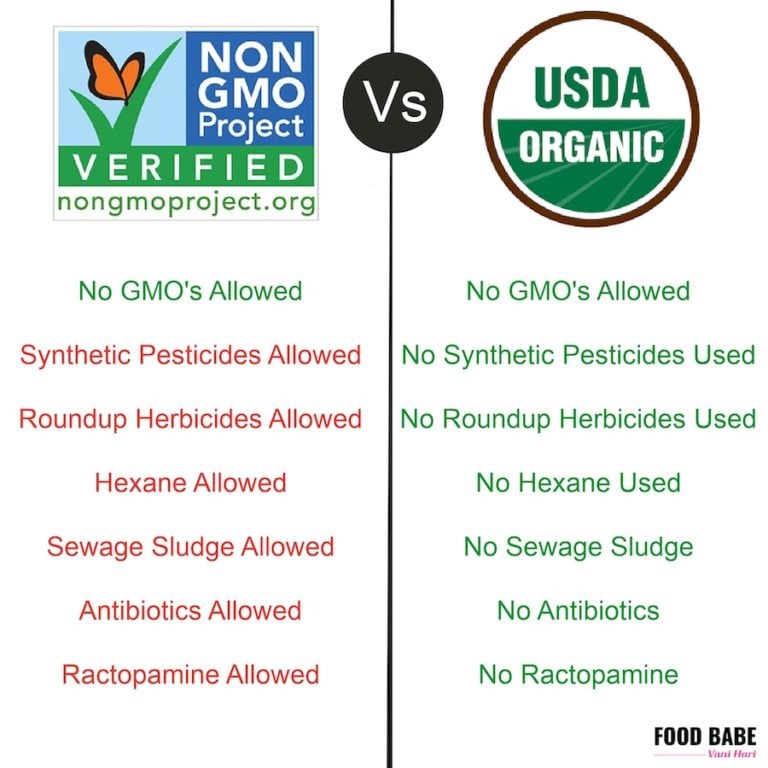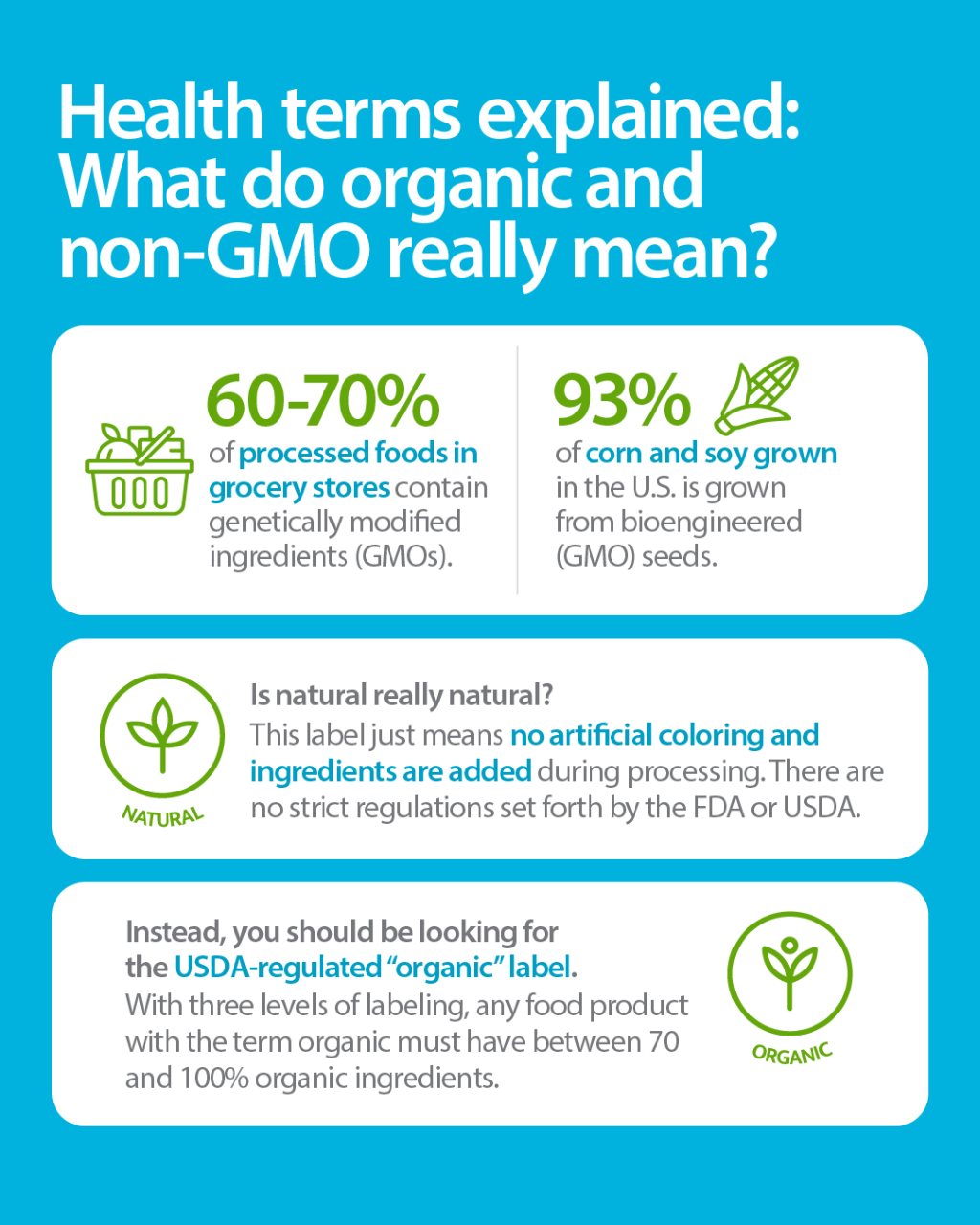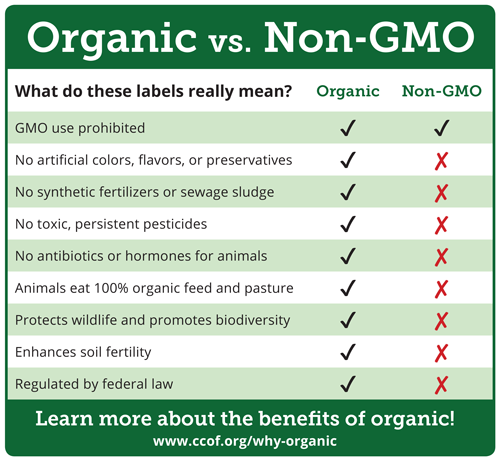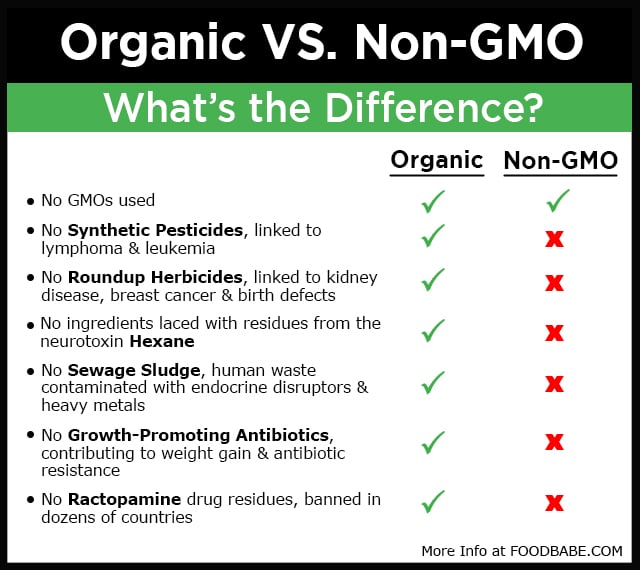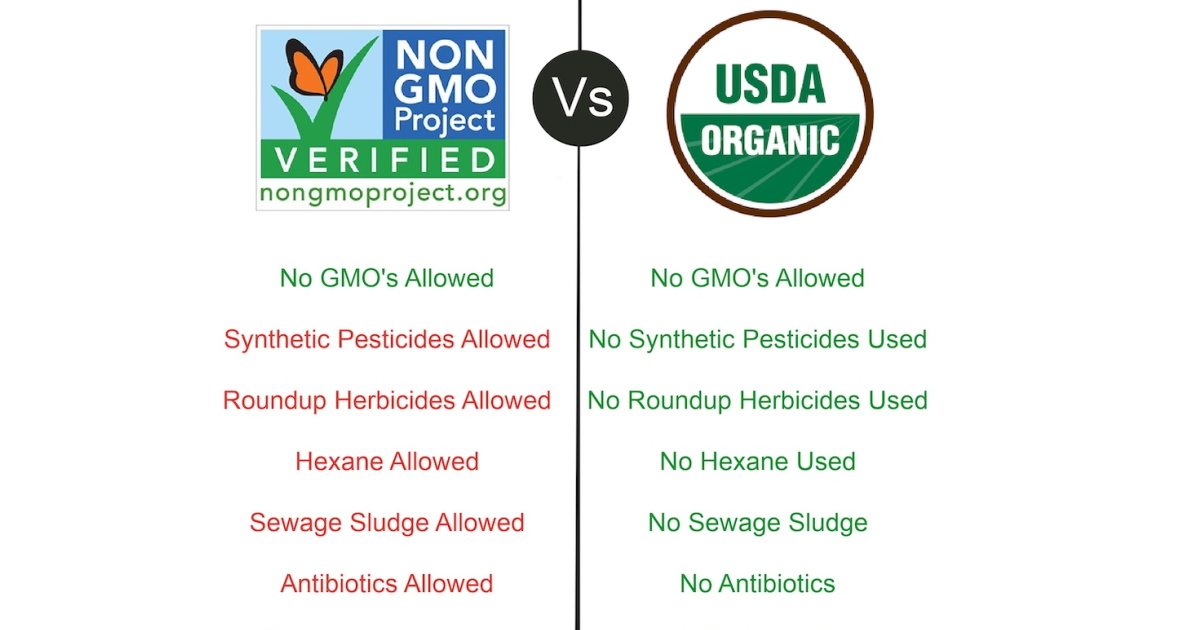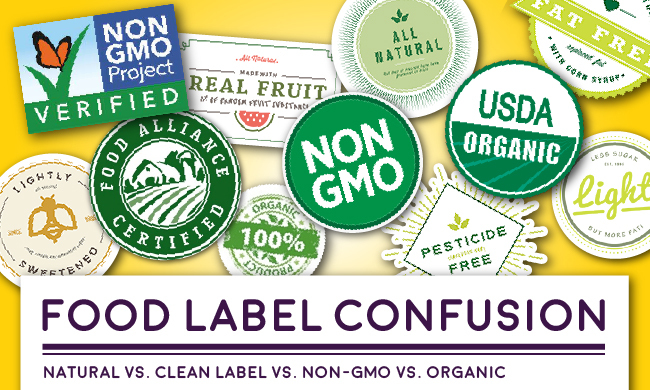Does Usda Organic Mean Non Gmo
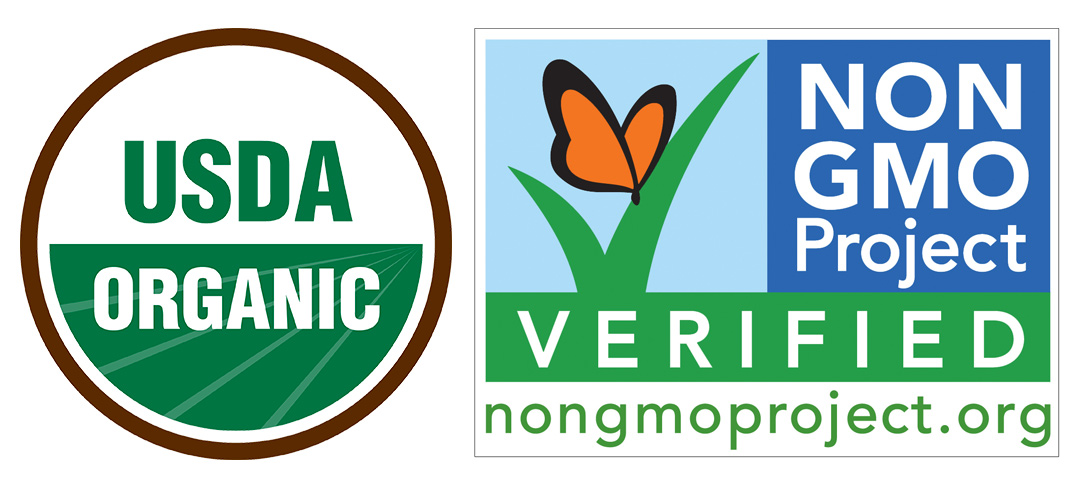
Confusion reigns in grocery aisles: many consumers mistakenly equate the USDA Organic seal with a guarantee against Genetically Modified Organisms (GMOs). The reality is more nuanced, demanding immediate clarity for informed purchasing decisions.
This article breaks down the critical distinctions between organic certification and GMO avoidance, addressing consumer misconceptions and outlining what the USDA Organic label truly signifies regarding GMOs.
The Core Question: Organic vs. Non-GMO
Does USDA Organic automatically mean non-GMO? The simple answer: not exactly. While organic standards heavily restrict GMO use, they don't outright prohibit it at every level.
What USDA Organic Does Prohibit
According to the USDA regulations, "The use of excluded methods (e.g., genetic engineering, irradiation, sewage sludge) is prohibited in organic production." This means that farmers cannot intentionally use GMOs in their fields or animal feed to be certified organic. The National Organic Program (NOP) enforces this.
This prohibition extends to seeds. Organic farmers are required to use organic seeds if commercially available. If an organic seed variety isn't available, they can use non-GMO, untreated seeds.
The Catch: Unintentional Contamination
The crux of the issue lies in the potential for unintentional contamination. Pollen drift from nearby GMO crops, or cross-contamination during processing and handling can introduce GMOs into organic products.
The USDA acknowledges that zero tolerance is unrealistic. The NOP states that "Organic operations must implement preventative practices to minimize the risk of GMO contamination."
The Role of the Non-GMO Project Verified Label
Recognizing the limitations of the organic label regarding GMOs, the Non-GMO Project offers independent verification. This label signifies that a product has been rigorously tested and meets strict thresholds for GMO presence.
The Non-GMO Project Verified label provides an additional layer of assurance for consumers specifically seeking to avoid GMOs. It operates independently of the USDA Organic program.
Consumer Misconceptions and Realities
A 2018 study by the Pew Research Center found that a significant portion of consumers believe that USDA Organic automatically means non-GMO. This underscores the need for better education.
While USDA Organic products cannot be intentionally produced with GMOs, the risk of unintentional contamination remains. Consumers who want to be absolutely certain should seek out the Non-GMO Project Verified label.
The Legal Landscape and Enforcement
The USDA takes enforcement of organic regulations seriously. Accredited certifying agents conduct annual inspections of organic farms and processing facilities.
Violations of organic regulations can result in penalties, including the loss of organic certification. The focus is on preventative practices and minimizing the risk of contamination.
What This Means for Your Shopping Cart
When shopping for food, understand the differences between the labels. USDA Organic signifies adherence to a broad set of standards, including restrictions on synthetic pesticides and fertilizers, as well as prohibiting intentional GMO use.
For guaranteed non-GMO status, look for the Non-GMO Project Verified label alongside, or instead of, the USDA Organic seal.
Moving Forward: Transparency and Education
Increased transparency regarding GMO contamination thresholds is crucial. Consumers deserve clear information to make informed choices.
Ongoing education efforts are needed to dispel myths surrounding organic and non-GMO labeling. The USDA and consumer advocacy groups have a role to play in this.
The debate surrounding GMOs and organic farming continues. Stay informed about evolving regulations and scientific advancements to make the best choices for you and your family.



